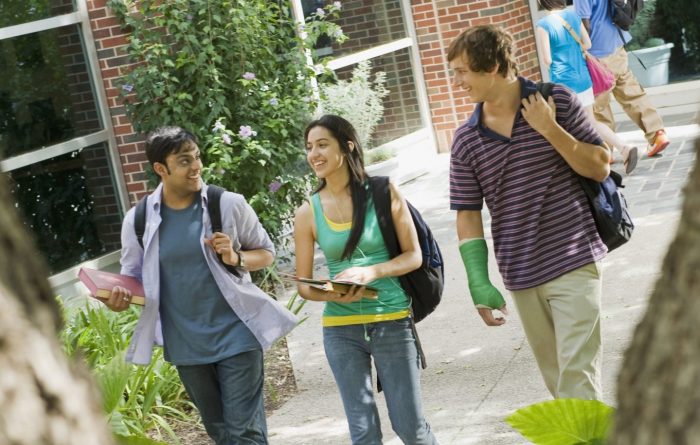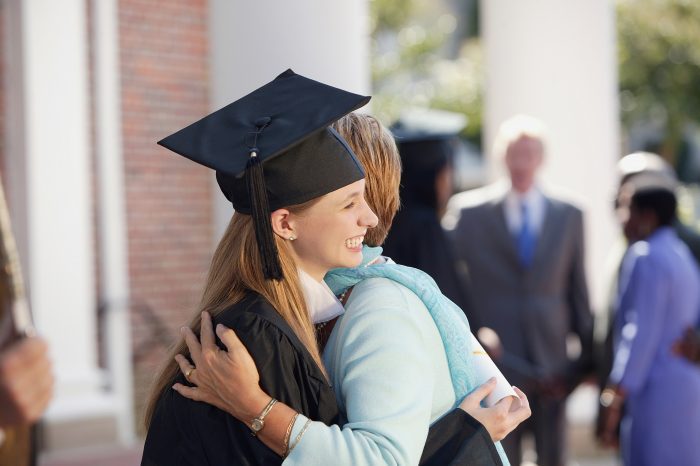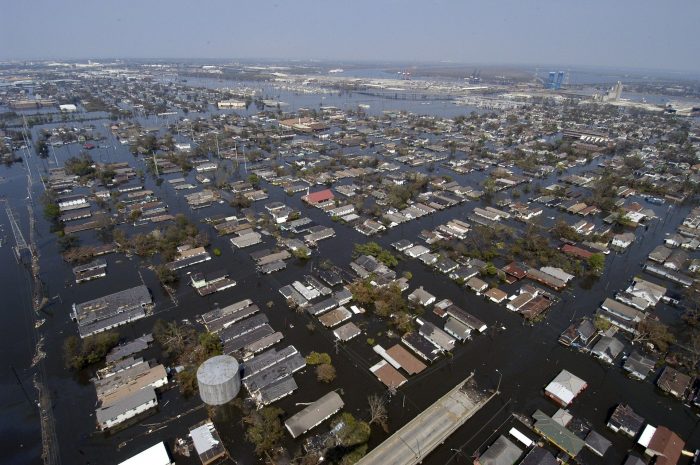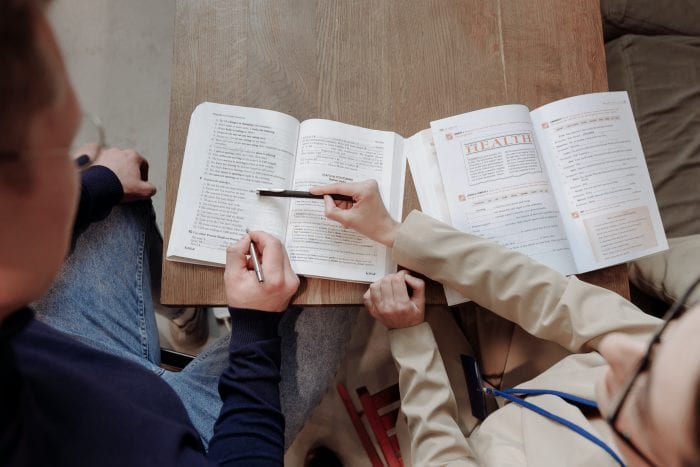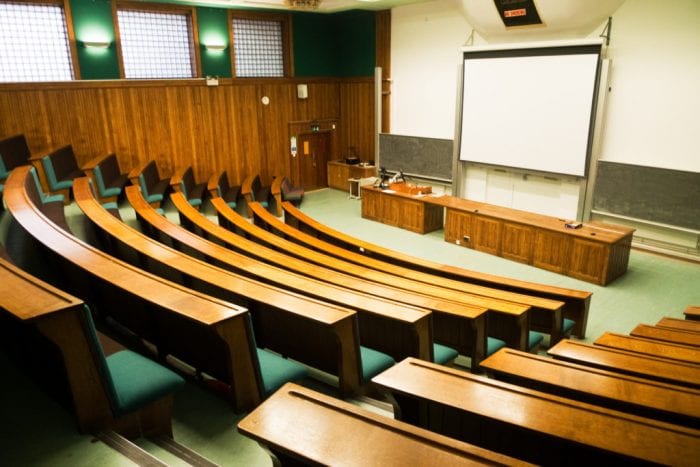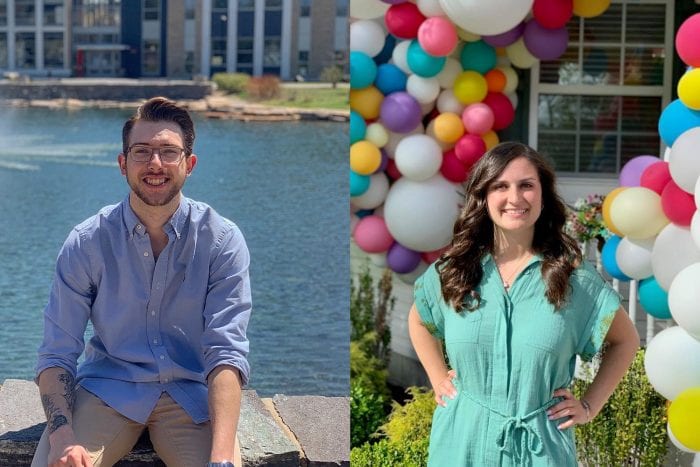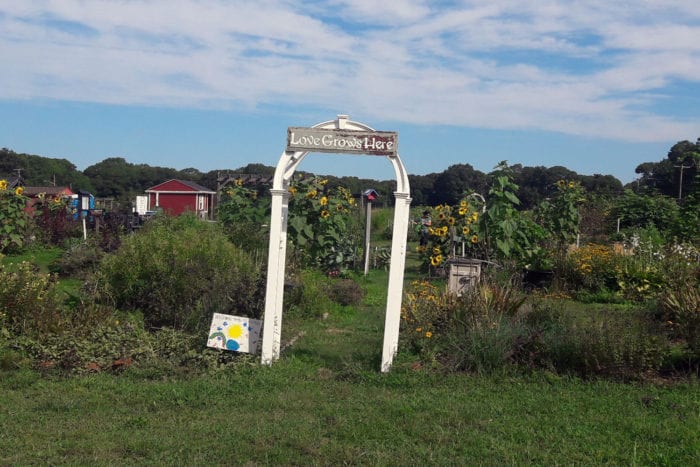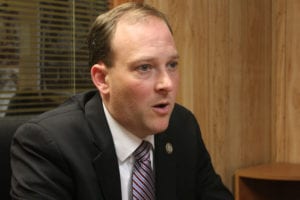By Daniel Dunaief

If your daughter or son is about to graduate from high school in a few months, congratulations.
You will undoubtedly reflect on the many wonderful things, and maybe some that were not so magnificent, along the way, as he or she grew up, embraced you, emulated the way you talked, walked or ordered dinner at a restaurant, pushed you away, decided your existence was embarrassing, your breath was intolerable and your voice was like nails on a chalkboard, until he or she rediscovered some of your finer, or at least more tolerable, qualities.
Yes, the relationship between parents and children can and often does move closer and further away. If we’re lucky, the invisible rubber band only stretches so far before parent, child or both close the distance.
Some time this summer, those spectacular people who made you so proud will likely push you away again.
This, from what we experienced and what others have told us, is completely natural and is a way for them to assert their independence and prepare you for the moment you go up to their suddenly empty room and they are no longer in it screaming at you to “Get out, leave me alone, can’t you bother someone else?”
It’s a wonderful, terrible reality when their room is as clean or messy as it was when they left it, with their trophies, ribbons, pictures or abandoned former toys waiting, as if in an animated movie, until a young family who doesn’t mind hand-me-downs revives them.
These graduates will receive advice over the next several months. A graduation speaker will likely offer them important nuggets about being true to themselves, about challenging themselves to do something safe but outside their comfort zone, and about not being afraid to fail.
And a particularly helpful graduation speaker might also urge them to clap for you and for everyone else who made this achievement possible.
The speaker will suggest that they stay in touch with you when they go away. That, as it turns out, is not as easy as it sounds, nor is it a guarantee.
Not hearing from your kids for any length of time can and often is somehow even more challenging than the time they and their friends removed their footwear after a sporting event and made the air so toxic in a confined car that we opened the window in 20 degree weather so we could breathe.
A graduation speaker, friends, and family might suggest that you establish a minimum of a once-a-week call. That is good advice and can and does establish guidelines and expectations for a child you’re sending out into a world with new challenges and, at times, unfortunate temptations.
“Sure, let’s go to a party on Tuesday night. I have a few hours to study after the party before my midterm on Wednesday at 8 am.”
Whoops, bad idea, but they’ll learn that lesson the hard way.
Amid all the other advice or rules parents might give their children before they wish them the best and try to stop picturing them as five-year-olds toddling off with their colorful backpacks into kindergarten is to make sure they stay in regular contact.
The rules we established when our children were four and we didn’t allow them to cross streets without holding our hands might change when they go to college, but we still have an opportunity to create new ones for our children.
No one suggested we encourage our children or our nephews to call us when they were walking to class. And yet, in those moments when they called to catch up, hearing their voices on the way to school, with the sound of birds chirping in the background, gave us an opportunity to connect.
Not only that, those calls helped narrow the geographic distance between our nieces, nephews and children and us while also allowing the rubber band to slacken, bringing us closer to these people we love unconditionally who will, hopefully, one day bring whatever family can attend together to celebrate another graduation.

